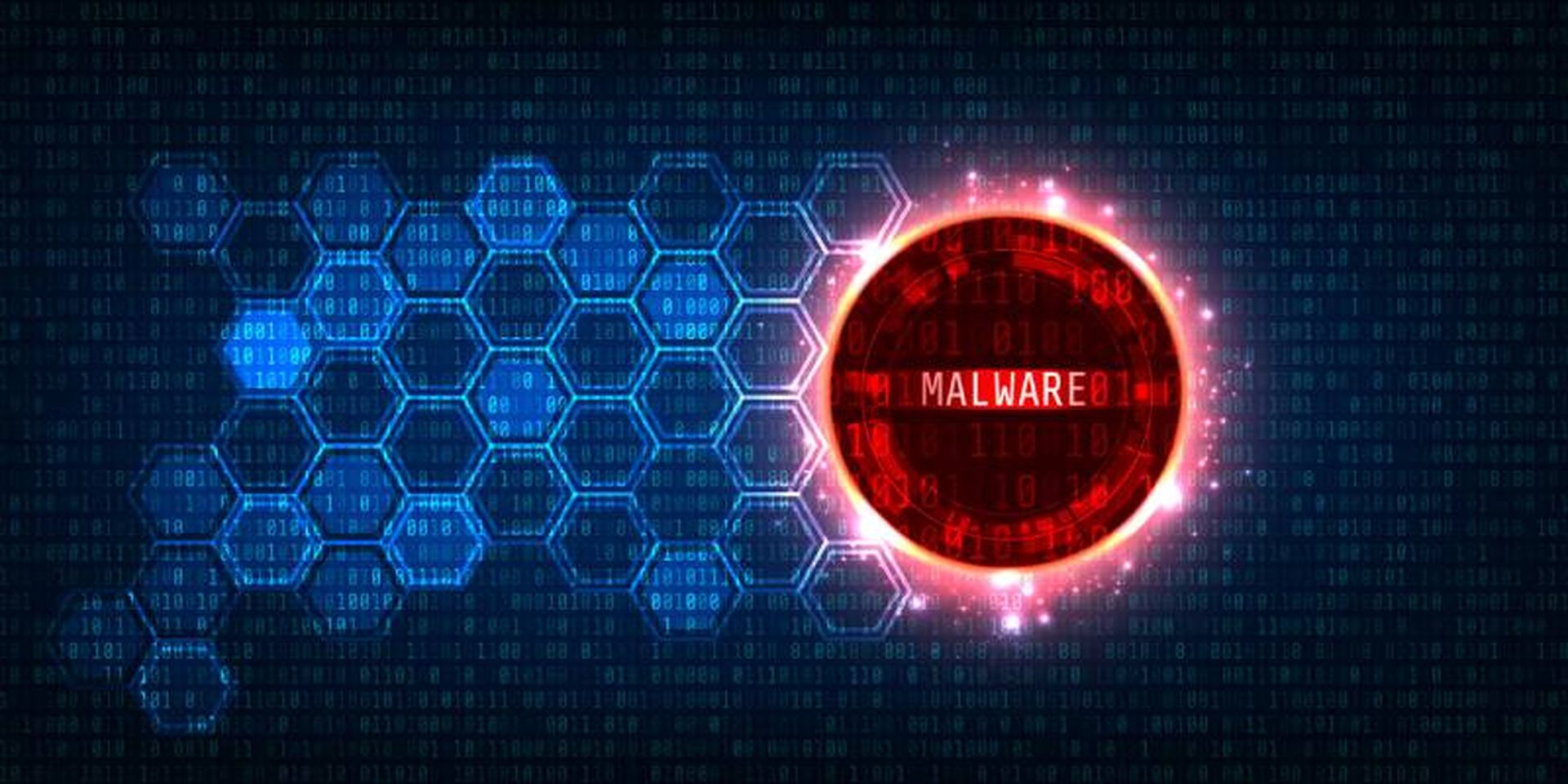Microsoft is beefing up customer protection from fraudulent phishing websites by adding real-time data feeds from Digital Resolve, the Georgia-based firm announced this week.
Microsoft's phishing filter will be available through the Windows Live Toolbar, Internet Explorer (IE) 7 for Windows XP Service Pack 2 and next generation operating system Windows Vista.
The data feeds, which warn consumers about fraudulent sites referred to in phishing emails, uses constant data mining, according to Digital Resolve.
David Helsper, Digital Resolve vice president of engineering and product management, said today that the company constantly monitors the web and passes its findings on to Microsoft.
"What we're doing is using data mining and similar techniques for cracking the internet, and we're crawling for (approved) sites that go on our trusted server," he said, adding that the company had partnered with Microsoft in the past on technology for its Xbox gaming system.
Alan Packer, product unit manager of Microsoft's Anti-Phishing Team, said in a statement that the Redmond, Wash., computing giant will continue to use information from outside sources to warn PC users.
"We were impressed with the quality of Digital Resolve's data feeds, and they have become an important addition to our rich network of data provider partners," said Alan Packer, product unit manager of Microsoft's Anti-Phishing Team. "This agreement underscores Microsoft's goal of employing a brad range of data sources from both third parties and end users to help protect customers from the threat of phishing."
In July, Microsoft announced that it would push IE 7 as a security patch, saying the security enhancements in the new browser version warranted the move.
But unlike many automatic updates, with IE 7, Microsoft decided to give users the choice whether or not to install the update.
Phishing attacks are now using more advanced social engineering techniques, according to a recently released report from MessageLabs.
Three quarters of phishing attacks target users of PayPal and eBay, according to a late July study from anti-virus vendor Sophos.
Click here to email online editor Frank Washkuch Jr.



